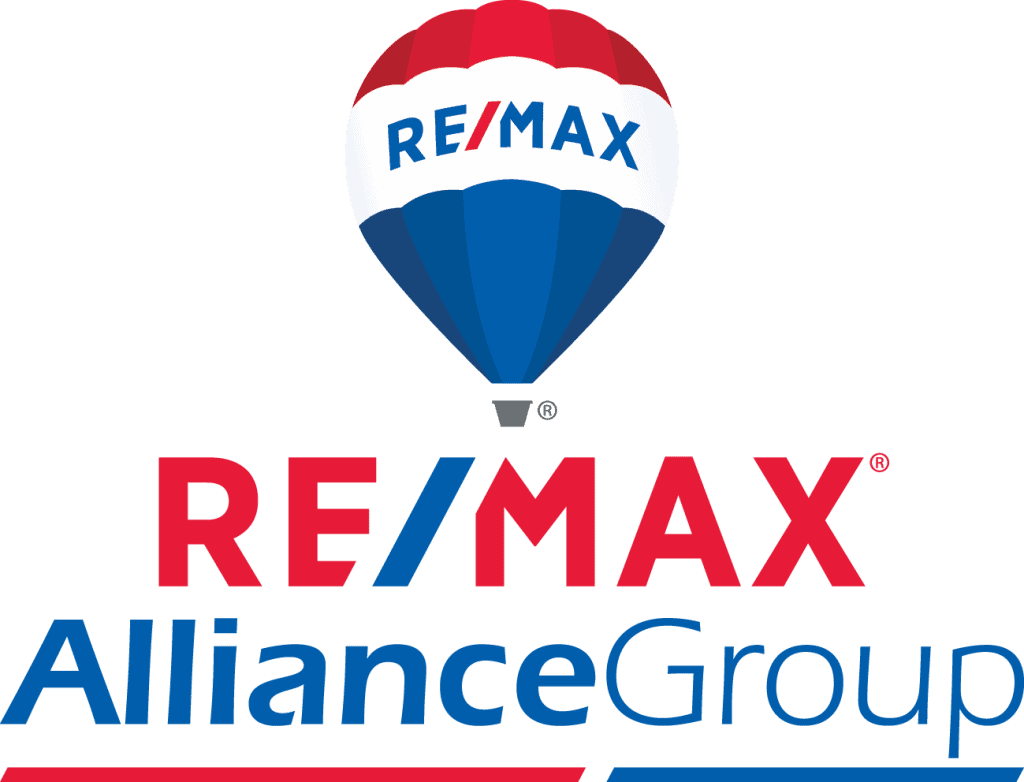Condo Saturation Soaks Developers
By SHANNON BEHNKEN The Tampa Tribune
Published: May 1, 2007
TAMPA – Condos For Sale. The loud signs flaunted from street corners across the Bay area are meant to grab the attention of potential buyers.
Developers advertise slashed prices and promise flat-screen TVs and computers. They put up inflatable gorillas and even pay people to dress as superheroes at busy intersections. All the hype hasn’t worked.
The white-hot trend to change apartments into condominiums has long passed, and developers that overestimated the demand have found themselves with half-empty complexes. Some that tried converting them back into apartments aregrappling with foreclosure. Others are turning in their keys, leaving the lenders with unwanted residential properties they’re trying to sell themselves.
For individual buyers who purchased condominium units, they now must deal with uncertain property values and a less-than-promised quality of life: living in the middle of a sparsely filled complex where the majority of their neighbors rent.
Eddie Flom, who has worked with developers on conversion projects in the Tampa Bay area, sums up the situation in one word: greed.
“It’s the oldest thing in the American economy,” said Flom, of Flom Equities LLC. “Greed, greed, greed overcomes wisdom.”
Apartment-to-condominium conversions started locally in the late 1990s and heated up in late 2004 as some developers saw a way to get around high land costs and offer more affordable homes. Units at some apartment complexes, particularly the higher-end ones, sold out quickly.
A handful of developers made so much money, Flom said, that others took notice and jumped onboard. Some of the less experienced developers paid too much for the land and couldn’t sell condos for enough to make a profit. “People were trying to make a quick buck off the boom,” he said. “Now Tampa is in complete saturation mode.”
By 2005, the conversions led to a shortage of apartments as 18,000 rental units were turned into condos, and the occupancy rate at the remaining apartment complexes swelled to 98 percent, according to commercial real estate firm Cushman & Wakefield.
During the same year, 68 apartment complexes were purchased for conversion in the Bay area, up from 11 in 2004, according to New York-based Real Capitol Analytics, which tracks real estate trends. The conversion craze dropped off just as quickly as it heated up. In 2006, 25 complexes were sold for conversion. So far this year, there have been zero.
“It’s going to take at least a couple of years to burn off all the supply we have,” said Dan Fasulo, a company spokesman.
Looking to get a great deal on a condo or home in Tampa? Contact us!
To receive more articles like this one subscribe to our Blog!
Enter your Email Address
Powered by FeedBlitz






